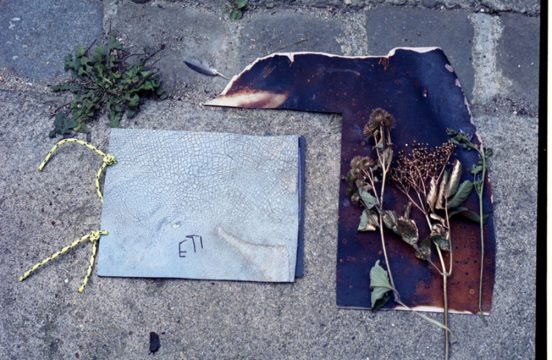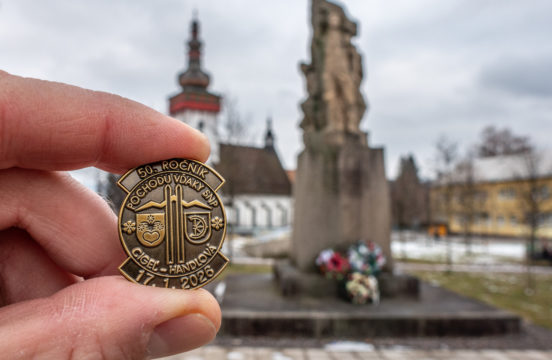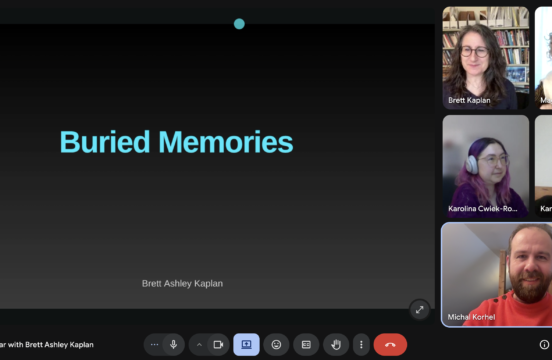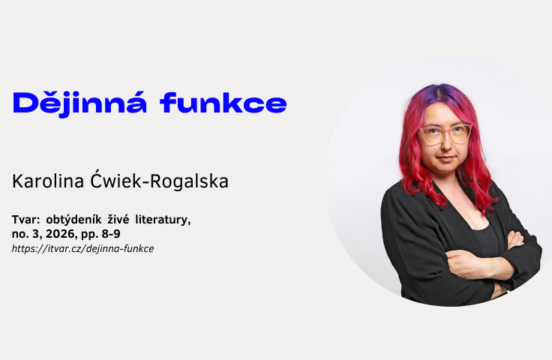In late winter, our team met for a regular seminar to explore a new genre. For the first time, we listened to an audio documentary. The documentary Kořeny se hledají v zemi (“Roots Are Found in the Ground”) follows artist Lucie Králíková as she and her colleagues invite participants of one of her projects to Northwestern Bohemia. Together, they explore the region’s former German heritage, visible in abandoned villages and in the remaining fruit trees that recall the vibrant life that existed before the Second World War.
While listening to the documentary, which focuses on memory work typical of the Czech borderlands, we discussed the strong visual elements and stereotypes associated with the region. We also considered how perceptions of post-displacement areas differ in Czechia, Slovakia, and Poland.
If you would like to experience the atmosphere of a post-displacement fruit feast, you can listen to the documentary here.












